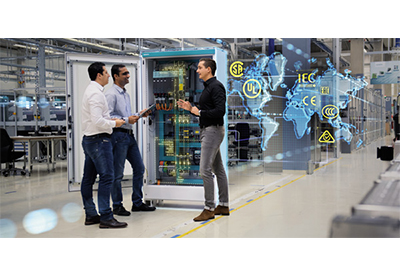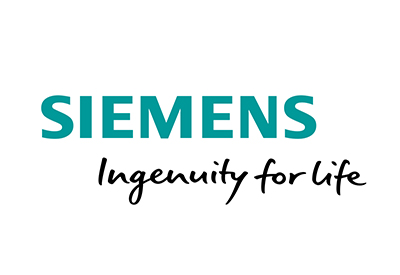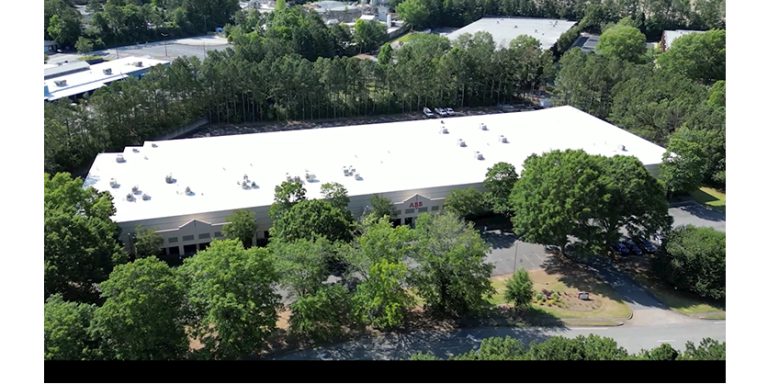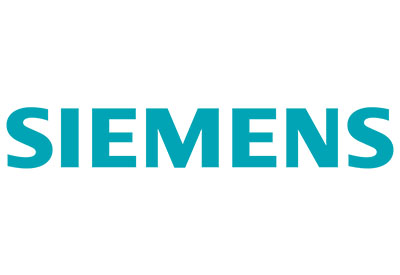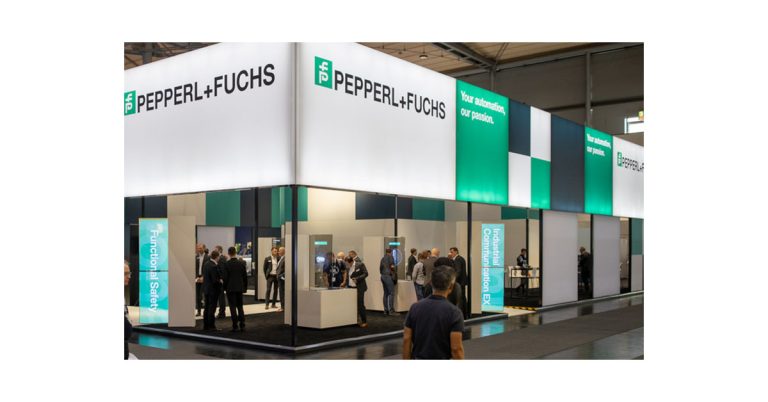KORE Power Selects Siemens as Infrastructure Technology Provider for Arizona Battery Gigafactory
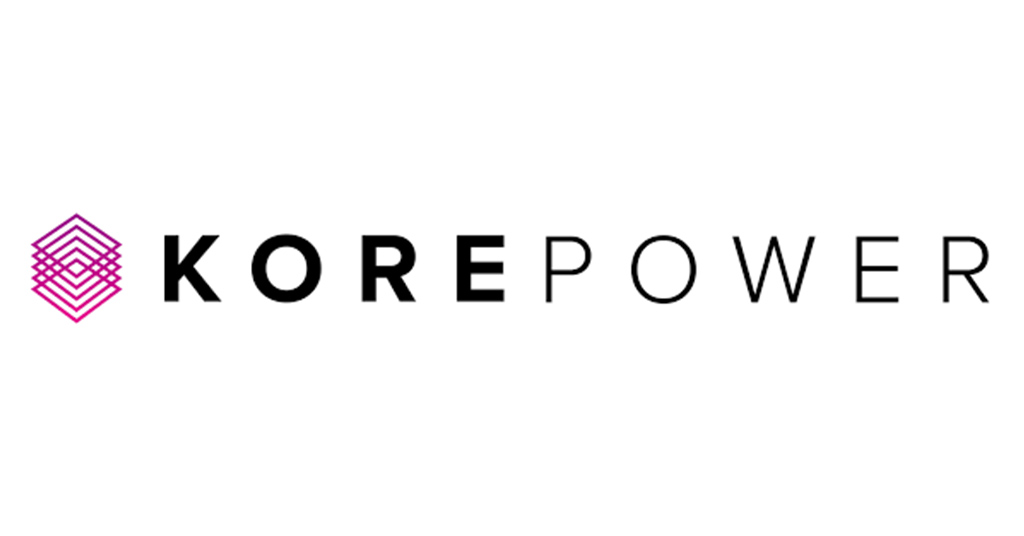
March 6, 2023
KORE Power, Inc. has recently chosen Siemens to support the company’s future 12-GWh lithium-ion battery cell production facility, known as ‘the KOREPlex.’ Smart factory technology from Siemens and investment capital via Siemens Financial Services will help accelerate the build-out of KORE Power’s Buckeye, AZ-based facility, a plant that will address the growing demand for battery cells due in large part to electric vehicle (EV) and renewable energy applications.
“KORE Power is the first U.S.-based, American-owned, and fully integrated provider of cells and batteries,” said Lindsay Gorrill, Founder & CEO of KORE Power. “Together with Siemens’ support and solutions, KORE is uniquely positioned to serve the American market’s demand for batteries, which is expected to nearly triple over the next couple of years.”
Siemens Smart Infrastructure will provide critical electrical infrastructure and energy management solutions that automate and digitalize building operations, guaranteeing the future gigafactory is intelligent from the outside in. Power distribution hardware, manufactured in the U.S., and software will ensure the plant’s electrical footprint is efficient and reliable, providing building managers with real-time analytics and diagnostic maintenance insights. Siemens’ building management system Desigo CC will monitor environmental controls, security, and power distribution systems all from a single interface, which increases comfort, efficiency, resilience, and safety for occupants. Real-time data from Brightly’s cloud-based asset management software will provide enhanced insights into manufacturing equipment and building operations on-site, resulting in minimized unplanned downtime and extended asset life.
These solutions, and many others from the Siemens smart factory suite of technologies, provide the foundation for more resilient, efficient, and connected facilities, ultimately helping usher in the next era of U.S. manufacturing. Working with manufacturers towards the goal of a fully autonomous facility, the Siemens smart factory suite of technologies utilizes data for purposes ranging from predictive maintenance, increased productivity, and meeting sustainability goals.
“As the drive to decarbonize society has accelerated, we’re seeing new production demands come to the surface – such as with energy storage systems and batteries needed to power electric modes of transportation,” said Ruth Gratzke, President of Siemens Smart Infrastructure USA. “We at Siemens believe smart manufacturing starts with a smart factory. This is the time to not only set the foundation for critical supply chains but also to build American factories that are safe, reliable, flexible and connected.”
Recognized by the US government as a societal and economic priority, industrial policies within the Bipartisan Infrastructure Law and Inflation Reduction Act have underscored the importance of growing battery manufacturing here in America. Companies such as KORE Power are uniquely positioned to leverage private and public investments and incentives to move forward critical production at speed and scale.
Siemens Financian Services and KORE Power
Announced late last year, Siemens Financial Services was the lead investor on the initial $75 million tranche of private financing for KORE’s new facility, which is projected to be complete by late 2024 to early 2025. Strengthening this partnership further, Jason Thompson, Vice President of Private and Growth Equity from Siemens Financial Services has joined KORE Power’s Board of Directors.
Siemens provides end-to-end capabilities for battery manufacturers – providing solutions for everything from raw material procurement to battery recycling and reuse. In addition to their portfolio of smart infrastructure technologies, Siemens Digital Industries offers solutions including digital twin, factory automation, simulation software, and machine line integration to help digitalize the entire battery factory value chain—from design of the battery cell to production and services.


